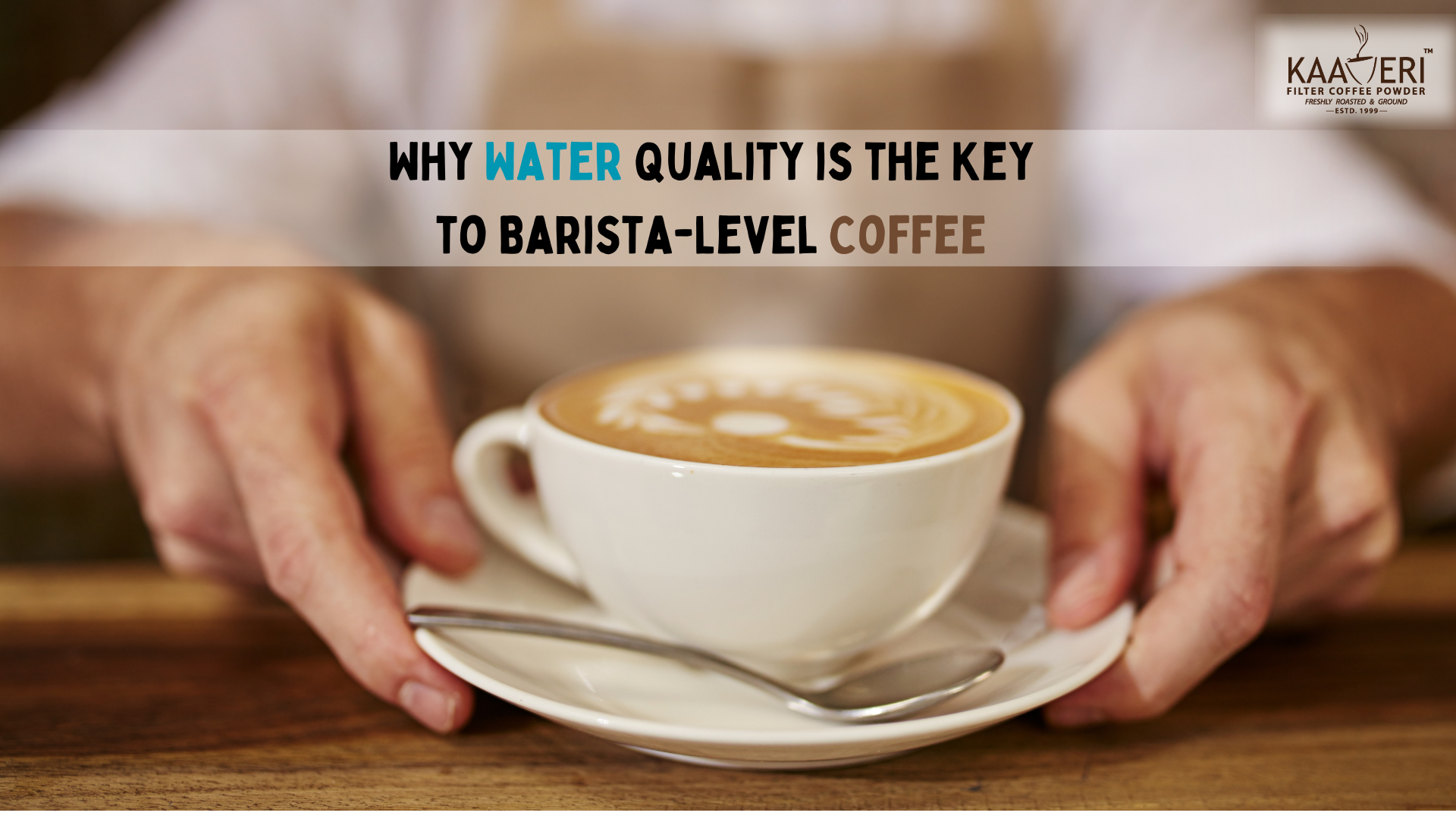
Why Water Quality is the Key to Barista-Level Coffee
Table of Contents:
| Sl. No | |
| 1. Introduction: The Importance of Water in Coffee Brewing | |
| 2. The Science Behind Water and Coffee Extraction | |
| 3. What Makes Water ‘Good’ for Coffee? | |
| 4. How Different Types of Water Affect Coffee Flavour | |
| 5. Tips for Achieving Barista-Level Coffee at Home | |
| 6. Conclusion: The Hidden Key to Brewing the Perfect Cup |
Introduction: The Importance of Water in Coffee Brewing
Coffee is mostly water, so it’s no surprise that the quality of the water you use can significantly affect the taste of your brew. Water quality is crucial for anyone looking to make barista-level coffee at home. Let’s explore why.
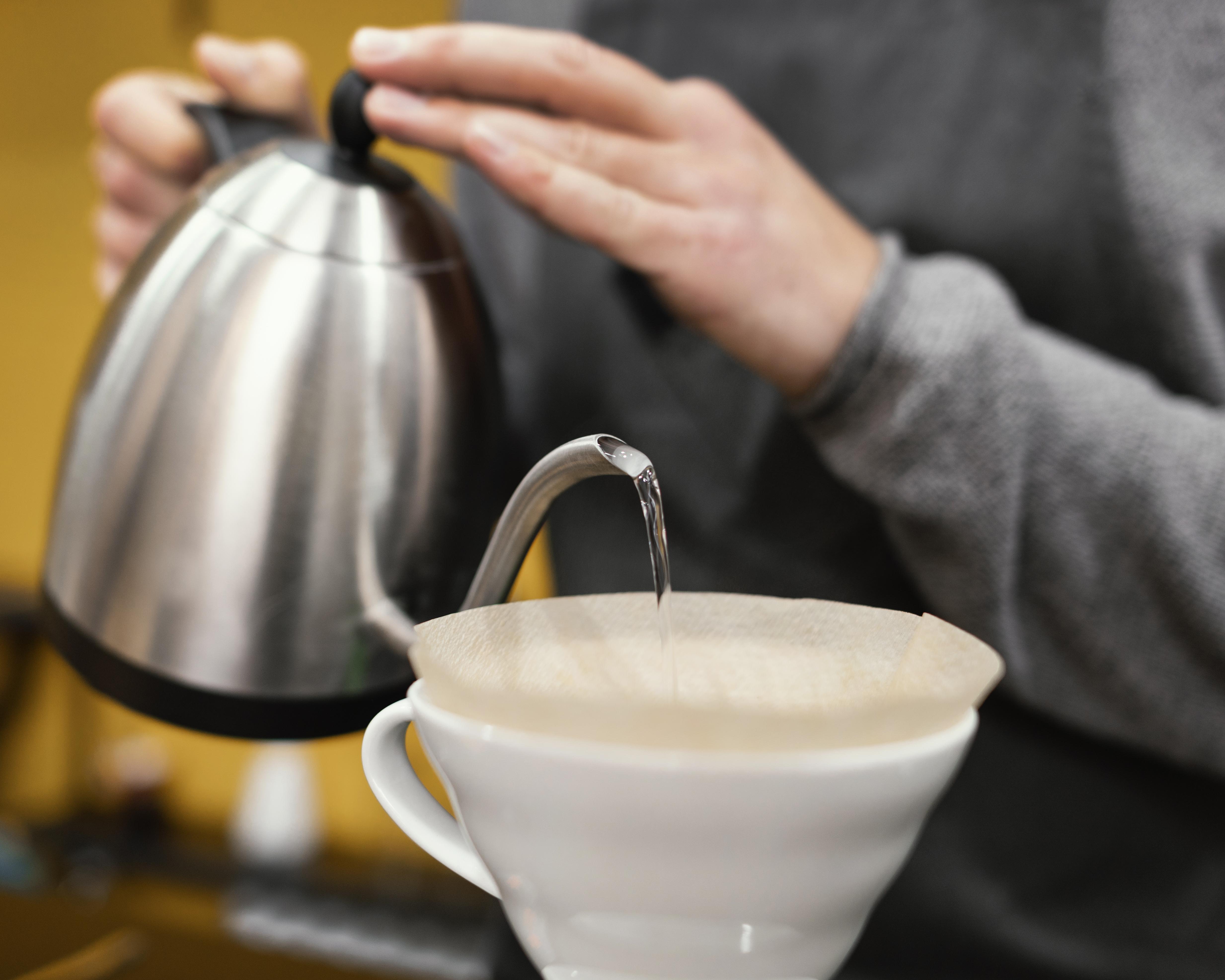
The Science Behind Water and Coffee Extraction
When brewing coffee, water is responsible for extracting the flavours, oils, and acids from the coffee grounds, making it a crucial element in the process. The mineral content of the water significantly affects how well these compounds are drawn out. If the water is too hard, it contains an excess of minerals that can lead to an overly bitter and harsh taste. On the other hand, water that’s too soft lacks sufficient minerals, resulting in a flat, dull brew. Striking the right balance in water hardness is essential for unlocking the full flavour potential of your coffee.
What Makes Water ‘Good’ for Coffee?
The quality of water used in brewing coffee can make all the difference between an exceptional cup and a disappointing one. The ideal coffee water should strike a balance in pH and contain just the right blend of minerals. Water that’s too soft lacks the necessary mineral content, leading to under-extraction and a flat-tasting brew. Conversely, overly hard water, rich in minerals like calcium and magnesium, can cause over-extraction, resulting in unwanted bitterness. Moreover, ensuring the water is free from contaminants such as chlorine is crucial, as these impurities can mask and dull the delicate notes of the coffee, robbing it of its natural complexity. The key is to use clean, filtered water that supports balanced extraction, enhancing the nuanced flavours of each cup.
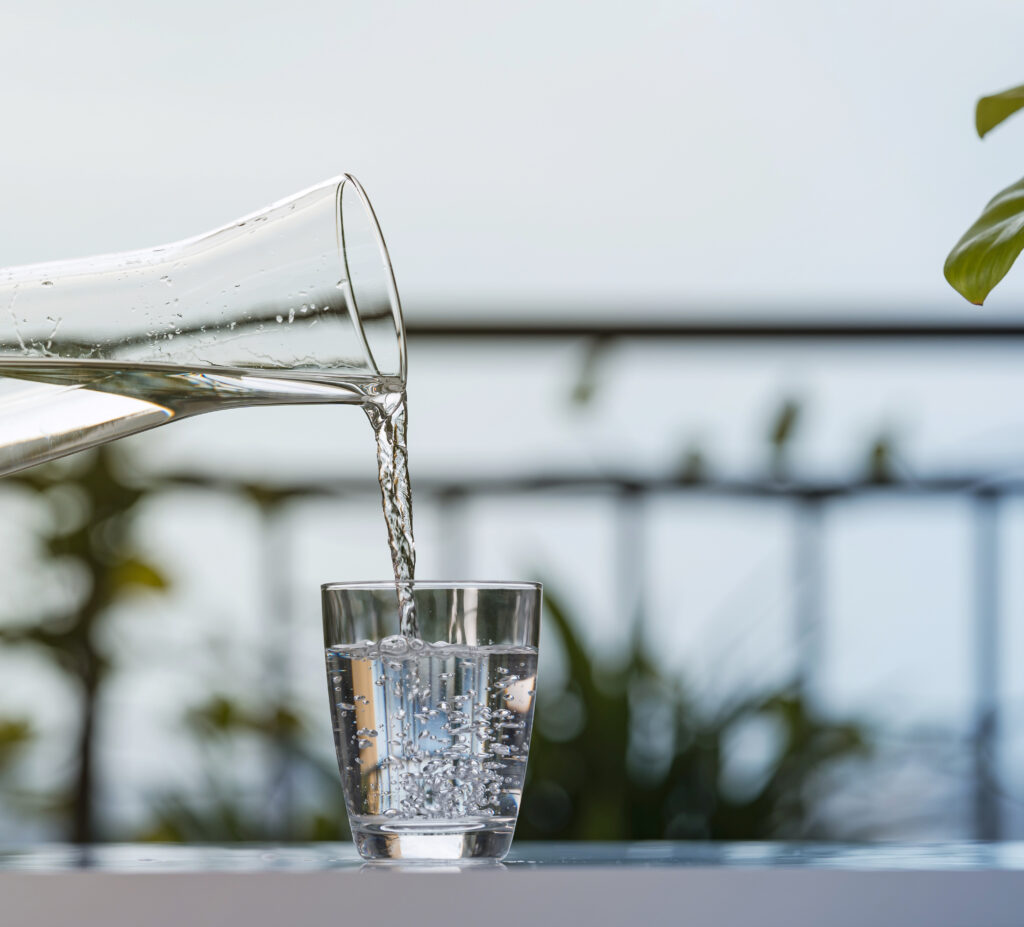
How Different Types of Water Affect Coffee Flavour
Tap water can significantly impact the flavour of your coffee, as it often contains chemicals like chlorine, which can alter and dull the delicate notes of your brew. On the other hand, using filtered or bottled water offers a much cleaner base, allowing the natural flavours of the coffee to shine through. To truly optimise your brewing experience, consider testing your water quality to find the right balance of minerals and purity. By understanding your water, you can adjust accordingly, ensuring every cup is rich, balanced, and full of flavour.
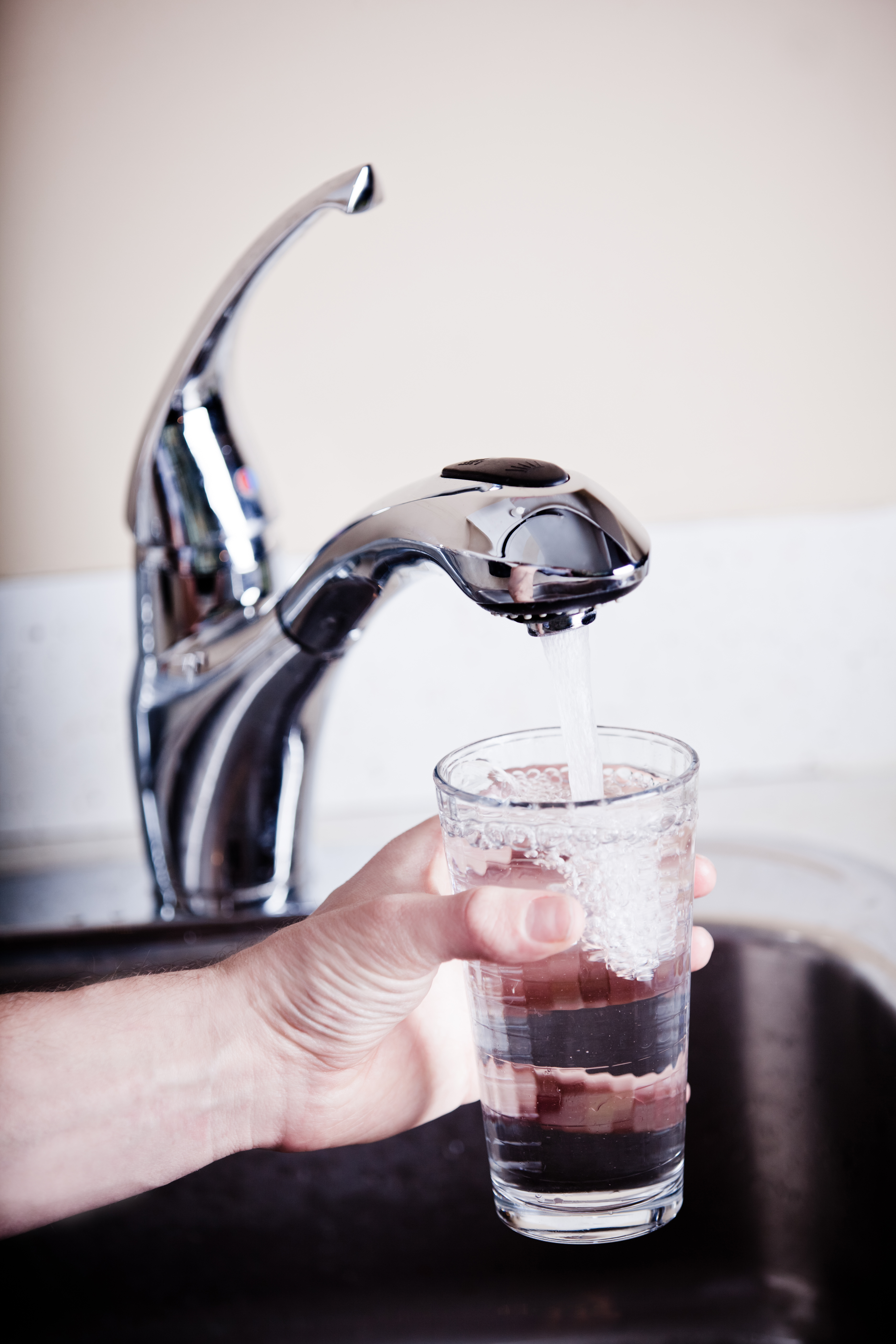
Tips for Achieving Barista-Level Coffee at Home
When brewing coffee, water quality is just as important as selecting the right beans and grind size. Using the best water for your brewing setup can elevate your coffee experience, bringing out the nuanced flavours and aromas intended by the roaster. Whether it’s filtered, bottled, or properly balanced tap water, choosing high-quality water ensures your coffee is brewed to its fullest potential, taking you one step closer to achieving barista-level perfection at home.
Conclusion: The Hidden Key to Brewing the Perfect Cup
Water quality plays a crucial role in coffee brewing, though it’s often overlooked. The right water can bring out the best in your coffee, enhancing its natural flavours and aroma. By paying attention to water quality—using filtered or balanced mineral water—you can transform an ordinary cup into something remarkable, achieving barista-level results in the comfort of your home.
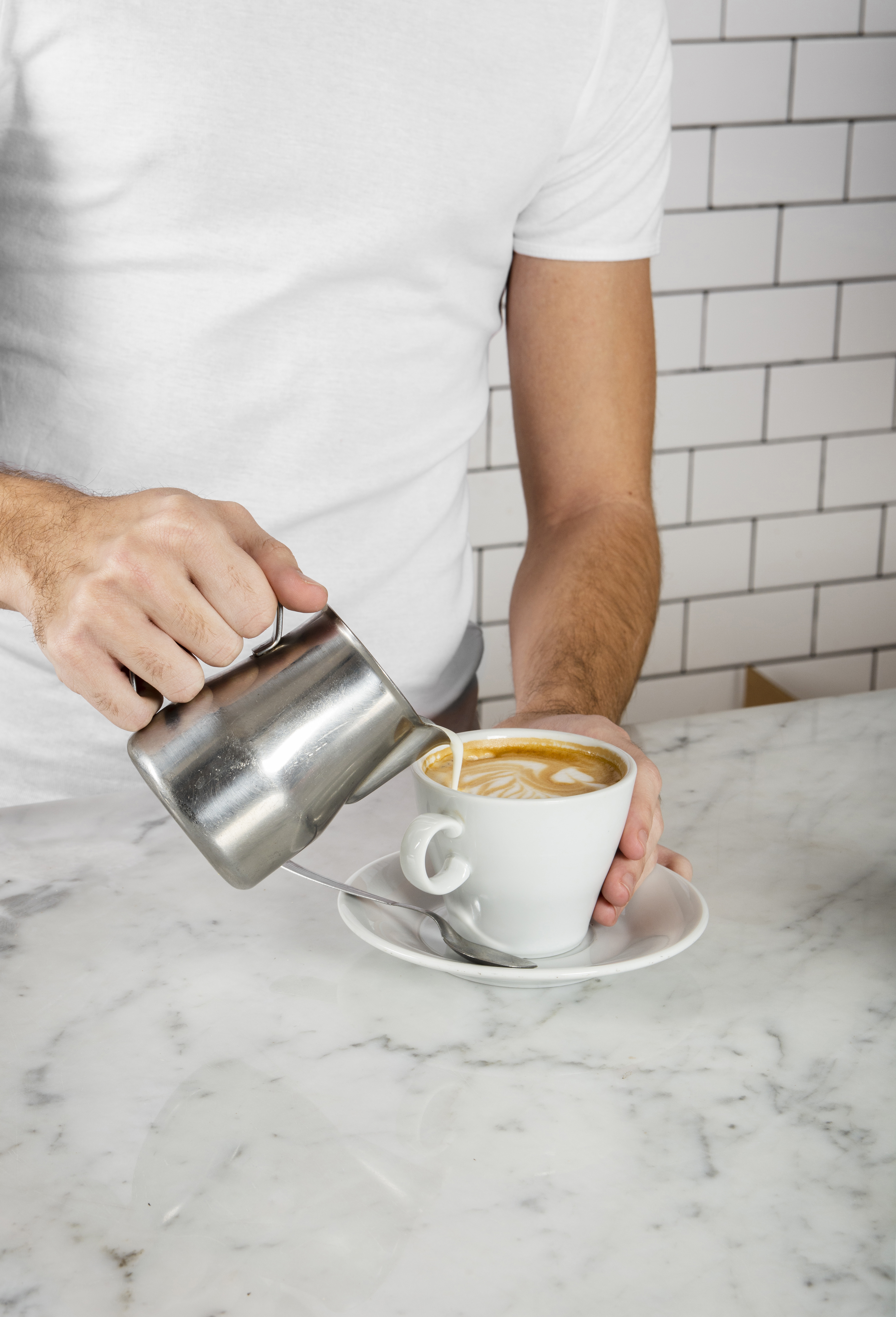
FAQS
1: What is the best coffee decoction in Chennai?
The best coffee decoction in Chennai is offered by Kaaveri Filter Coffee, known for its rich, aromatic blend and perfect balance, making it an ideal choice for filter coffee enthusiasts.
2: How can I improve the flavour of my coffee at home?
Start by using clean, filtered water with the right balance of minerals. Also, make sure you’re using fresh, high-quality coffee beans, a consistent grind size, and an appropriate brewing method.
3: How do I know if my water is too soft or too hard for coffee?
Water testing kits are available to measure your water’s hardness. If your coffee tastes flat or underextracted, your water may be too soft. If it tastes overly bitter, it may be too hard.
4: Why is water quality so important in coffee brewing?
Water makes up about 98% of your coffee, so its quality directly affects the extraction process and, ultimately, the flavour of your brew. The right balance of minerals in water helps unlock the full flavour potential of coffee.
5: What kind of water is best for making coffee at home?
Filtered or bottled water with a balanced mineral content is ideal. The water should be free of chlorine and not too hard or too soft to achieve optimal coffee extraction and flavour.

